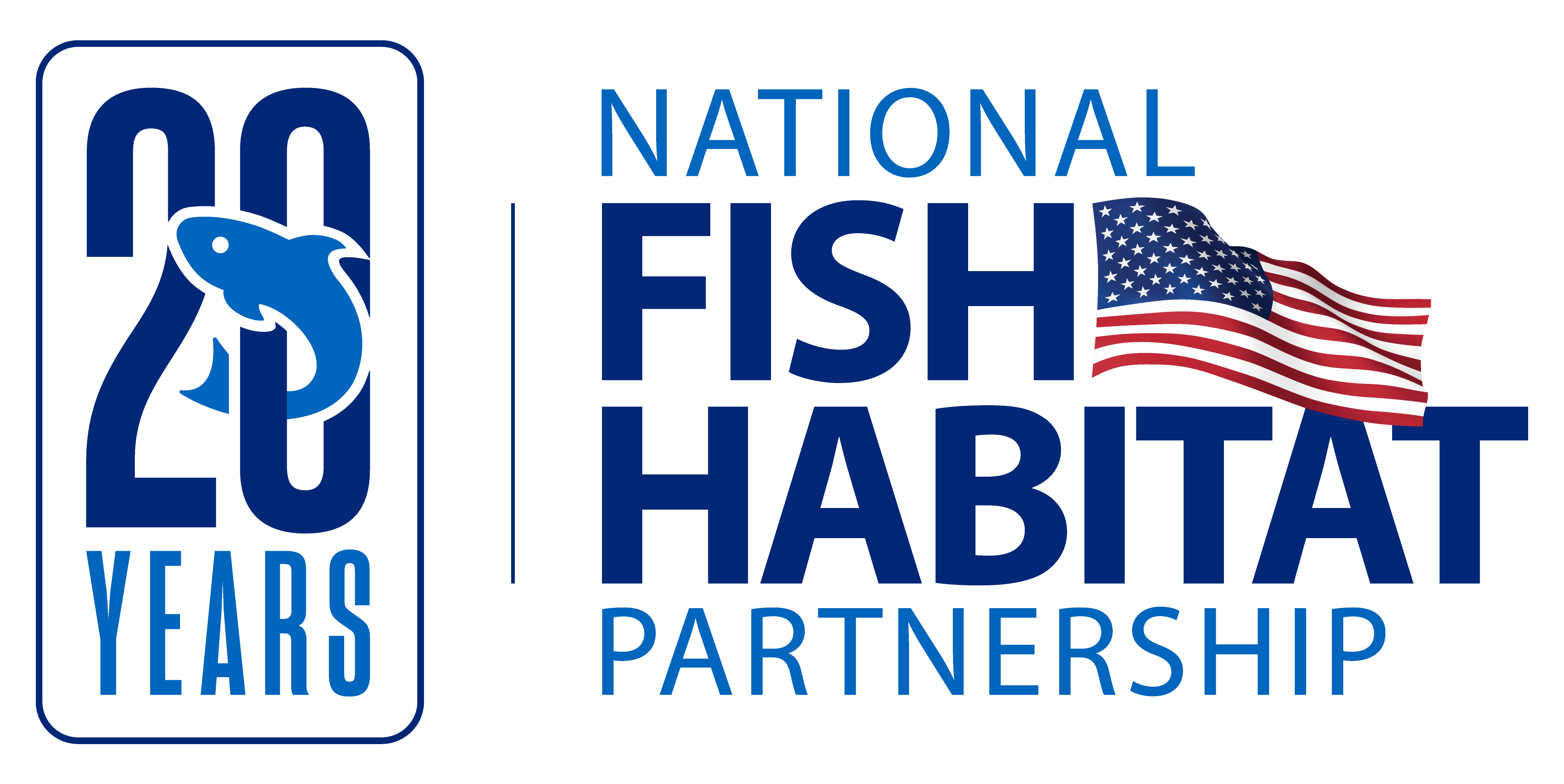
10/31/2020 2:17 AM
(Washington, DC) - Today, President Trump signed S. 3051, The America’s Conservation Enhancement Act (ACE Act) into law at the White House. The ACE Act passed the House and Senate with bipartisan support and unanimous consent.
Now enacted into law, this bill reauthorizes the North American Wetlands Conservation Act (NAWCA) and codifies the National Fish Habitat Partnership (NFHP), two of the most successful voluntary conservation efforts in the nation. The law also reauthorizes the Chesapeake Bay Program and creates funding authorizations for other crucial conservation programs.
The National Fish Habitat Partnership is an unprecedented effort to protect, restore, and enhance fish and aquatic communities in the U.S. Since 2006, NFHP has completed over 1,000 projects in 50 states. From freshwater to estuarine and coastal projects, NFHP protects, restores, and enhances fish habitat nationwide, leveraging federal, state, tribal, and private funding resources. NFHP is comprised of 20 individual Fish Habitat Partnerships, which focus on improving fish habitat and aquatic communities at regional and local levels. Annually, the U.S. Fish and Wildlife Service provides funding and technical assistance to the 20 Fish Habitat Partnerships to implement aquatic conservation projects nationwide. The work of the National Fish Habitat Partnership is also supported by many federal, state, and local agencies as well as regional and national conservation organizations.
Upon signature into law, the National Fish Habitat Partnership is authorized from FY21- FY25 at $7.2 million annually. The National Fish Habitat Board will report to Congress, particularly the Committee on Commerce, Science, and Transportation and the Committee on Environment and Public Works of the Senate, and the Committee on Natural Resources of the House of Representatives.
The law expands the National Fish Habitat Board to 26 members, broadening the membership to include representation from the following groups: a national private landowner organization, an agricultural production organization, local government involved in fish habitat restoration, corporate industries, and a private sector or landowner representative of an active Fish Habitat Partnership. On an annual basis, the Board will submit a priority list of projects for funding consideration to the Secretary of the Interior. Technical and Scientific Assistance funds are authorized to be appropriated for FY21 – FY25 up to $400,000 annually to each of the following agencies: National Oceanic and Atmospheric Administration, Environmental Protection Agency, U.S. Fish and Wildlife Service, U.S. Forest Service, and U.S. Geological Survey in support of the National Fish Habitat Partnership. Within one year of enactment, the agencies receiving Technical and Scientific Assistance funds, led by the Department of the Interior, will develop an interagency operational plan outlining the implementation needs and interagency agreements.
“Today, with President Trump’s signing of the ACE Act, we celebrate the culmination of over a decade of effort to codify the National Fish Habitat Partnership with organic legislation. The Partnership, and the thousands of people involved in local, grassroots projects, have done remarkable work protecting, enhancing, and restoring fish habitat across the country,” said Ed Schriever, Chairman of the National Fish Habitat Board. “This Congressional recognition of the program marks the beginning of an exciting chapter for the Partnership and the American people whose pleasure, passion and livelihoods are derived from healthy habitat and vibrant fishery resources.”
“Americans are continuing to utilize public lands and waters in record numbers, many of them for the first time,” said Sara Parker Pauley, Director of the Missouri Department of Conservation and President of the Association of Fish and Wildlife Agencies. “The ACE Act will be indispensable to our natural resources, enabling stewards to ensure our citizens experience the outdoors the way they deserve, with healthy habitats and flourishing species. We thank Congress for recognizing the success and necessity of existing programs while taking steps to address urgent needs such as chronic wasting disease through this bill.”
“NOAA Fisheries is excited for the National Fish Habitat Partnership to be recognized by Congress,” said Samuel Rauch, Deputy Assistant Administrator for Regulatory Programs, NOAA Fisheries. “We look forward to continuing to protect, enhance, and restore important fish habitats across the coastal U.S. in support of sustainable fisheries and communities as a proud NFHP partner.”
A coalition of conservation organizations commended the sponsors of this bipartisan legislation for their commitment to fish and wildlife conservation: Sen. John Barrasso (R-WY), Sen. Thomas Carper (D-DE), Sen. John Boozman (R-AR), Sen. Benjamin Cardin (D-MD), and Sen. Martin Heinrich (D-NM) as well as Rep. Mike Thompson (D-CA), Rep. Robert Wittman (R-VA), Rep. Joe Cunningham (D-SC), Rep. Marc Veasey (D-TX), and Rep. Debbie Dingell (D-MI) in getting it to the President’s desk for signature during this Congressional session.
About the National Fish Habitat Partnership:
Since 2006, the National Fish Habitat Partnership has supported over 1,000 projects benefiting fish habitat in all 50 states. The National Fish Habitat Partnership works to conserve fish habitat nationwide, leveraging federal, state, tribal, and private funding resources to achieve the greatest impact on fish populations through priority conservation projects of 20 regionally-based Fish Habitat Partnerships. For more information, visit: http://fishhabitat.org/
